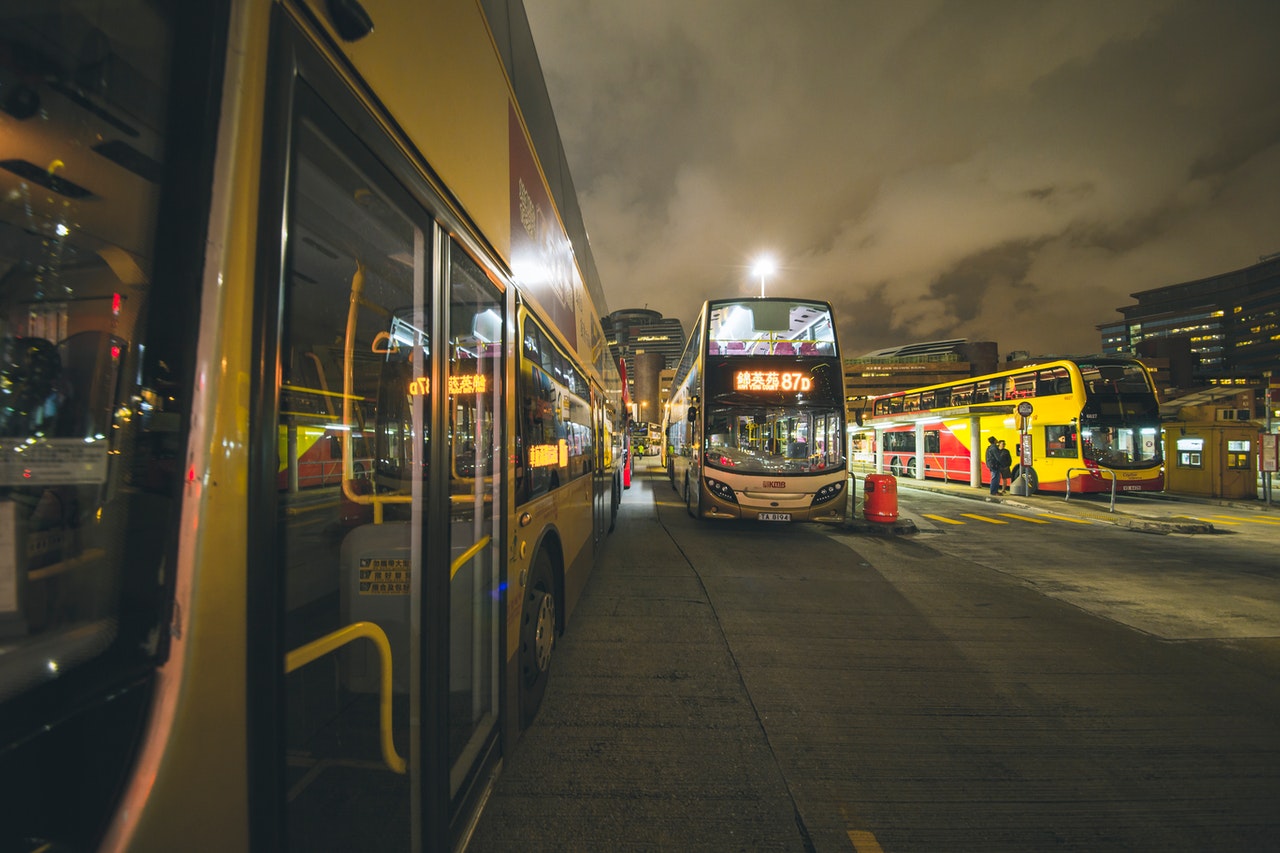A two-year-old plan to run 51 hydrogen buses in Montpellier and its neighboring regions was discontinued owing to cost overruns when elected officials discovered that electric buses would be six times cheaper to operate.
Montpellier Horizon Hydrogen, a €29 million ($33 million) project that involves the construction of a small solar-powered green-hydrogen plant, was announced in December 2019 by EDF subsidiary Hynamics.
Since then, it has received €18 million in funding, including €6.9 million in grants from regional, national, and European funds, the most recent of which came less than a month ago from the EU’s Connecting Europe Facility, and €8.9 million in investment and loans from the French sovereign fund Caisse des Dépôts.
According to Rechargenews.com, Michal Delafosse, the mayor of the Montpellier Méditerranée Métropole (an administrative region based on the city of Montpellier), who was elected in June 2020, decided this week to halt the project owing to cost.
According to Delafosse, hydrogen technology is interesting, but it would be six times more expensive than electric buses.
“As a result, we are abandoning hydrogen buses for the time being; we will see whether hydrogen is cheaper in 2030.”
The operation of the hydrogen buses, according to Julie Frêche, vice-president of the Montpellier Méditerranée Métropole in charge of transportation, would cost €3 million a year, compared to €500,000 for electric buses — or €0.95 per kilometer versus €0.15.
She went on to suggest that purchasing hydrogen buses will cost between €150,000 and €200,000 more than purchasing electric buses.
Hynamics, which was co-developing the project with the métropole, declined to comment, stating that it was in talks with Montpellier officials.
Green hydrogen is inherently inefficient and expensive for road transport because it requires renewable electricity for electrolysis to produce the H2, more power to compress the gas, which must be stored in large tanks, and an expensive filling station to pump the stored hydrogen into a vehicle, where a fuel cell converts the H2 back into electricity.
It is much more efficient and cost-effective to directly inject renewable energy into a vehicle battery.
Fuel-cell electric cars, according to hydrogen supporters, are lighter than battery-powered vehicles, can be charged quicker, and can go longer on a single charge.
China is now the world leader in electric buses, with over 500,000 electric buses on the country’s roadways.

